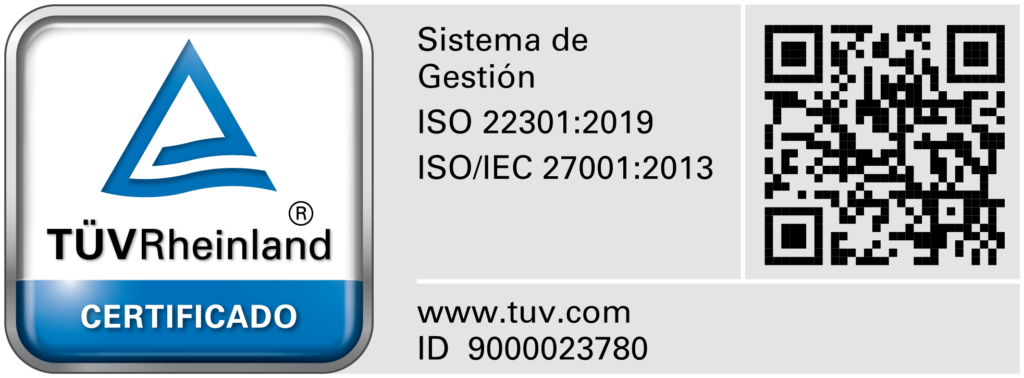Do you want to legalise your foreign documents but don’t know where to start or how to go about it? Here is a simple guide to help you navigate through the process.
Legalization of documents of foreign origin
Do you have to legalize foreign documents in France? Do you need it to apply for French nationality? Go to the French consulate or embassy in your country of origin. Make sure that all your documents are translated into French.
What is the purpose of legalisation?
The legalisation of foreign documents makes it possible to prove that the document in question is genuine, that it is not a forgery. However, the verification only concerns the form and not the content of the document. Here are the different elements certified after legalisation:
- Veracity of the signature.
- Function and authority of the signatory.
- The stamp or seal present.
Once the document has been legalised, the administration in question will add an official legalisation stamp to the document.
Which documents need to be legalised?
You are only concerned by the legalisation of documents when you present a foreign document to the French administration. Indeed, there is no need to go through all these steps if it is a French document.
In the course of your journey, you may come across two types of documents to be legalised:
- Public documents: Foreign public documents must automatically be legalised for the French administration. In this category, we find several types of documents such as:
-
- Act of a judicial or administrative court.
- Act of the public prosecutor’s office: Body of magistrates representing the interests of society before the courts.
- Deed drawn up by a clerk of the court or by a bailiff.
- Civil status document drawn up by a civil registrar.
- Act drawn up by an administrative authority.
- Notarial deed.
-
- Private documents: Foreign private deeds may need to be legalised depending on the administrative steps you wish to take. These can take the form of:
-
- Attestation on honour
- Letter of recommendation
- Certificate of accommodation.
-
Moreover, these can only be validated in the presence of the signatory. You should know that there are certain foreign documents that do not require legalisation in France. Indeed, thanks to certain international agreements (notably with the European Union), documents such as birth certificates or other public documents issued by the European Union are exempt.
To answer all your questions, go to the French embassy nearest you. They will be able to tell you whether or not you need to legalise your documents.
Prior translation of the document
Before proceeding, make sure that all your documents have been translated by a qualified translator.
Before the French embassy or consulate can legalise your public document of foreign origin, it must be pre-legalised by the relevant authorities in the country. This is called the double legalisation of a document.
From this point on, you have two possibilities. You can legalise a document from your country of origin at the French embassy or legalise a public document from another country through its respective embassy or consulate. Let’s take an example. If you live in Algiers, you can legalise an Algerian document for France or an Italian public document by going first to the Italian embassy in Algiers and then to the French one.
Time limit for legalising a document
The time taken to legalise a document varies. Indeed, due to the double legalisation process, the time taken will first be determined by the efficiency of the local authorities to carry out the pre-legalisation. Then, it will depend on the delay of the French consular authority in place to give you an answer.
How to legalise a foreign document for France?
In order to proceed with the legalisation of foreign documents for France, you will have to go through the double legalisation stage as explained above. In order to legalise a private document, the signatory must first have his signature certified by the competent authorities of the country of origin. The signatory must always be present during the procedures and prove his/her identity. Finally, do not forget to translate all your documents.
To find out more, contact the nearest French embassy so that it can advise you on the type of document being presented.
Legalisation or apostille of a French document for a foreign authority
If you want to go abroad and need to have a French document certified, here’s how to proceed!
The type of procedure will depend on the country of destination and the type of document. Indeed, within the European Union, some documents do not require legalisation, for example:
- A birth certificate.
- A marriage/PAC/divorce certificate.
- A life certificate.
- A death certificate.
- An adoption judgment.
- Documents proving filiation.
- Certificate of residence for French citizens abroad.
- Certificate of French nationality.
- No criminal record.
If this is not the case, then your document will have to be apostilled, i.e. approved by the competent authorities by means of a stamp called an apostille placed on the document in question. This only certifies the form and not the content of the document and only concerns public documents intended for a foreign authority.
If your request concerns a country other than the European Union, the procedures will depend on the agreements between France and the host country. To find out whether your document needs to be legalised or apostilled, contact the Ministry of Foreign Affairs.
You are a foreigner and cannot open a bank account because of your situation? Take advantage of the Smile Account offer now! Open it in less than 5 minutes and enjoy all its advantages. The account that takes you into account!






